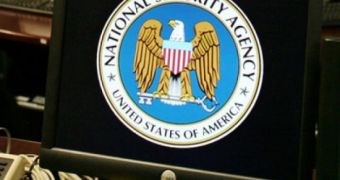A new series of documents indicate that the NSA can continue to inadvertently collect data from US communications without a warrant for a long time.
Some new documents submitted by US intelligence agencies to the secret Foreign Intelligence Surveillance Court in July 2009 have been obtained by The Guardian.
These detail the procedures that the NSA is required to follow to target citizens outside the US and what the agency does to minimize collected data on local residents.
They show that even under authorities governing the collection of foreign intelligence from foreign targets, data from the United States can still be collected, stored and used.
Thanks to all these new documents that were revealed, it proves that some of the arguments politicians have brought to the table aren’t as solid as they want people to believe.
For instance, the oversight role of the Fisa court has been referenced many times by intelligence officials, but also by Barack Obama when they were trying to reassure the public about the surveillance programs.
However, in light of the new documents, the court itself signed off on allowing the NSA to “inadvertently” collect data from US citizens and residents.
The Fisa court-approved documents allow the NSA to keep data for up to five years, but also to retain and make use of the collected data from the US if they contain usable intelligence, information on criminal activity or threat of harm to people.
The nature of the procedures set out in the documents are also in contrast with assurances that officials involved in the matter have tried to bring by claiming that the NSA could not access calls or email information in the US without a warrant.
The PRISM scandal has entered a new week and new data seems to appear each day, helping to reveal everything about the surveillance programs run by the NSA.

 14 DAY TRIAL //
14 DAY TRIAL //